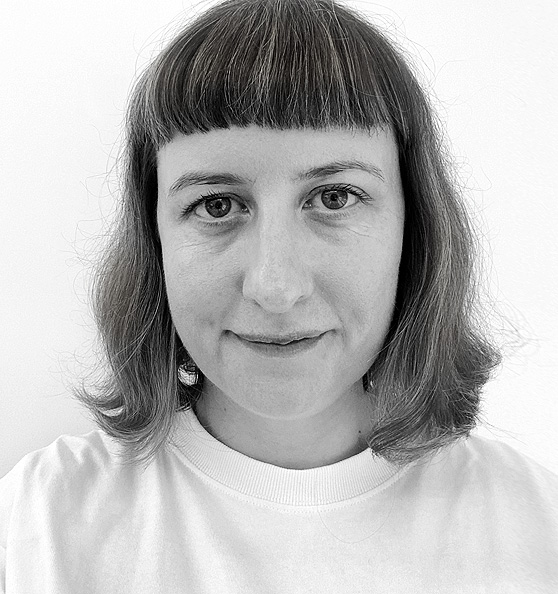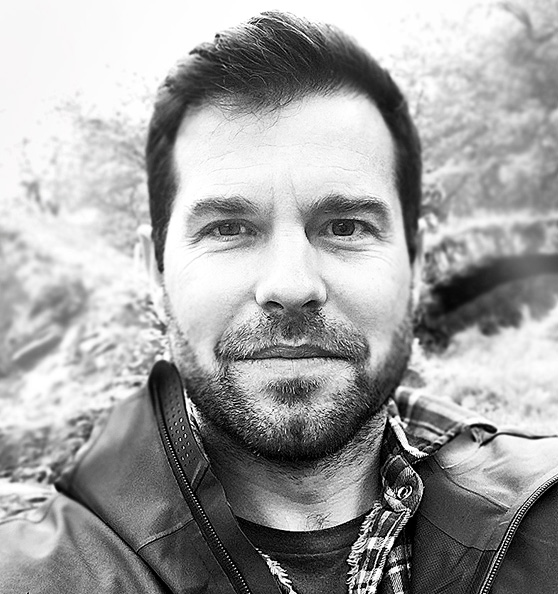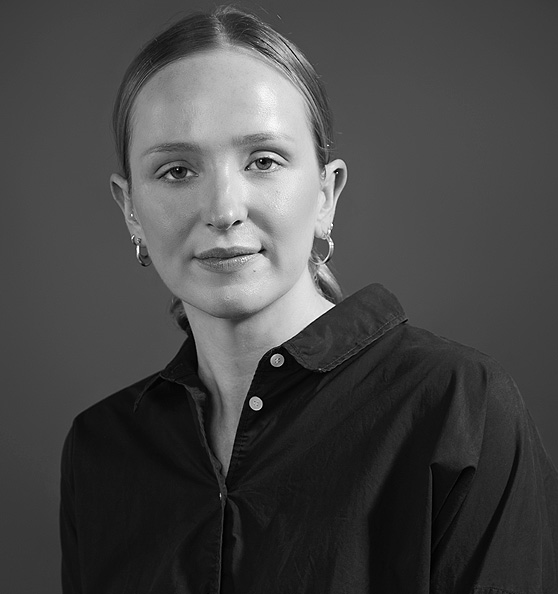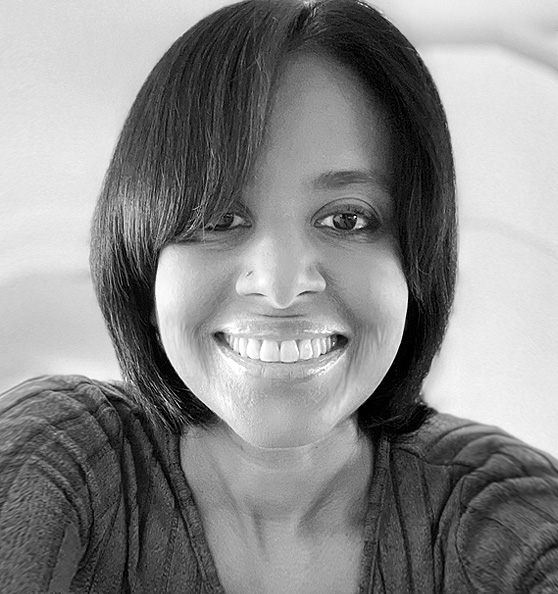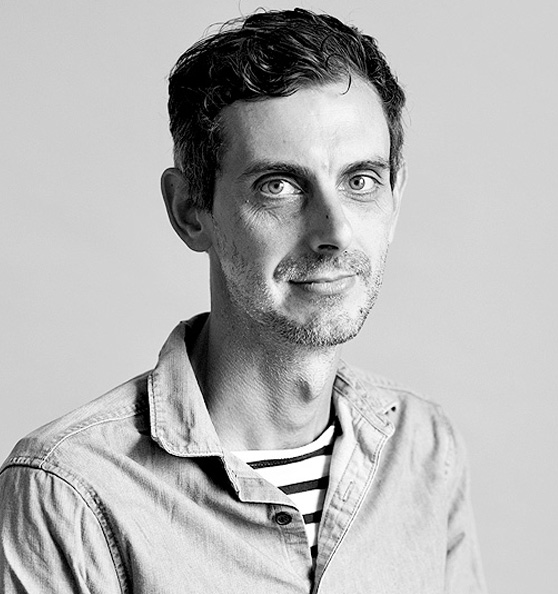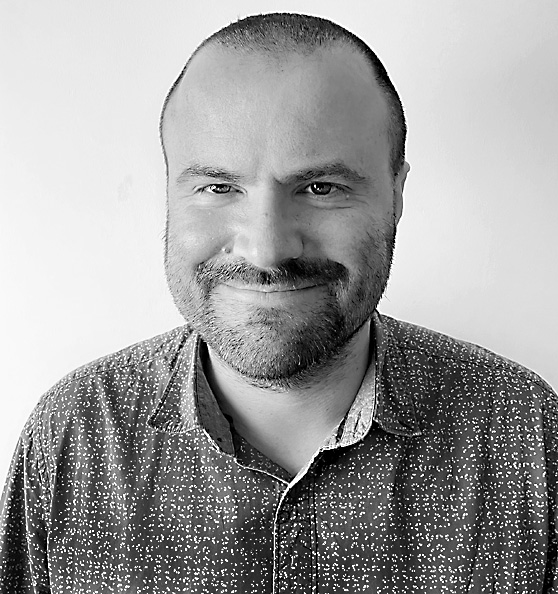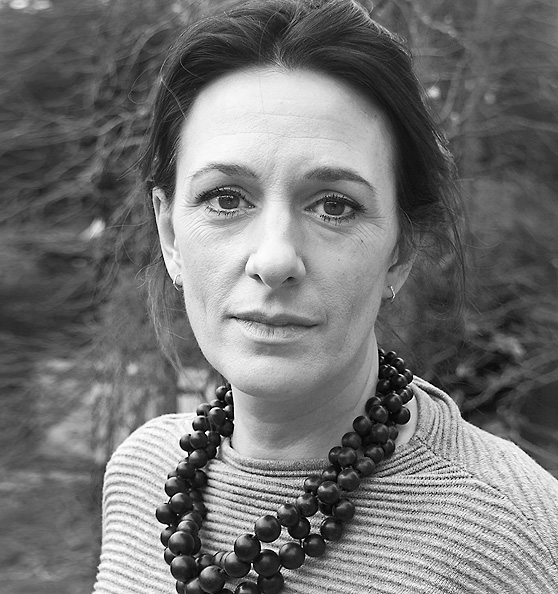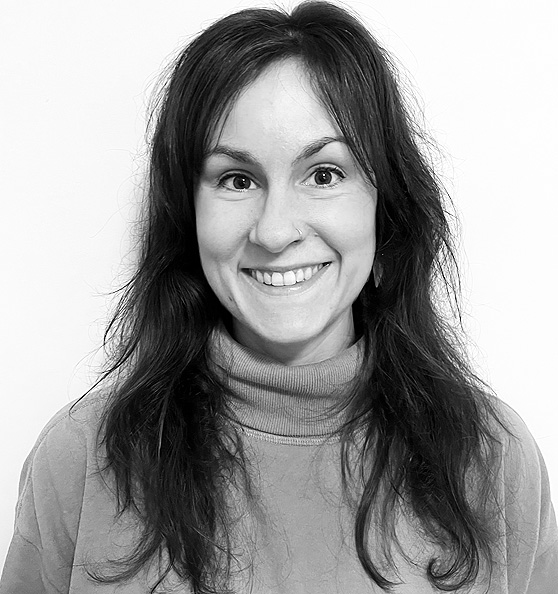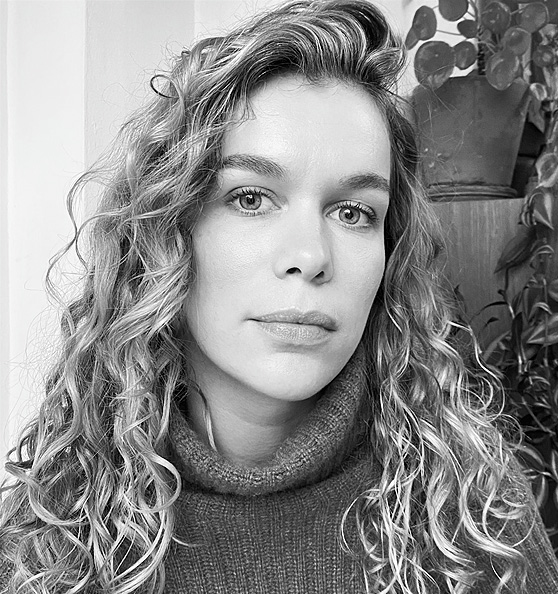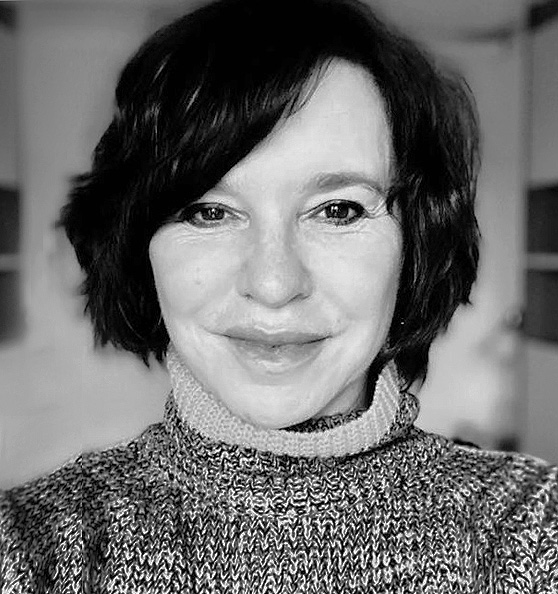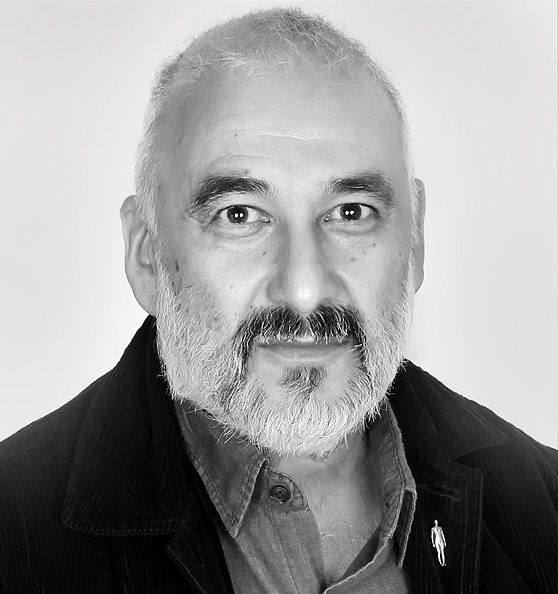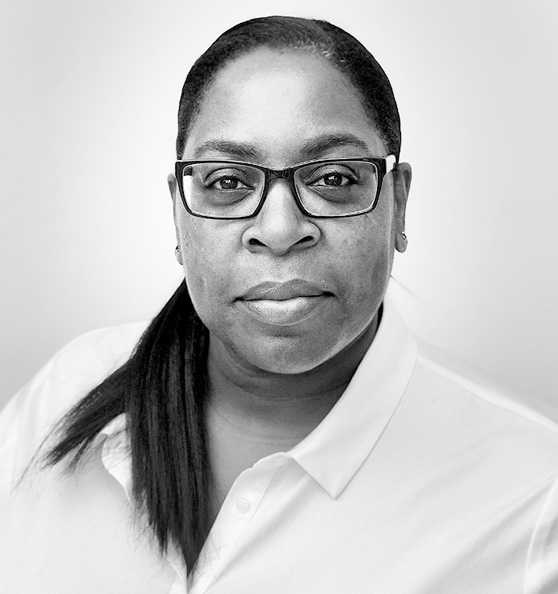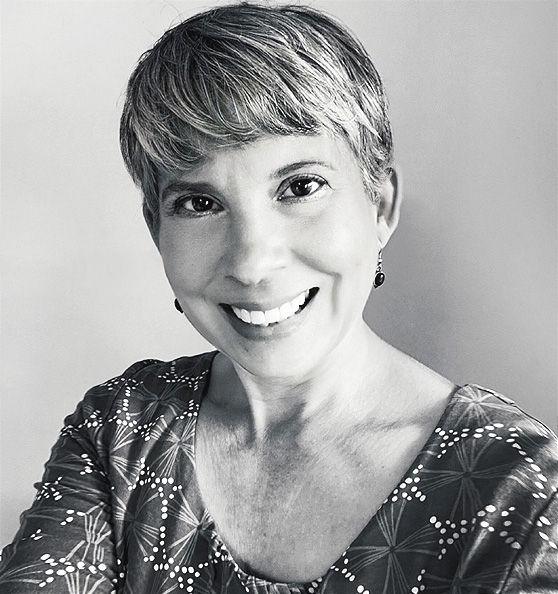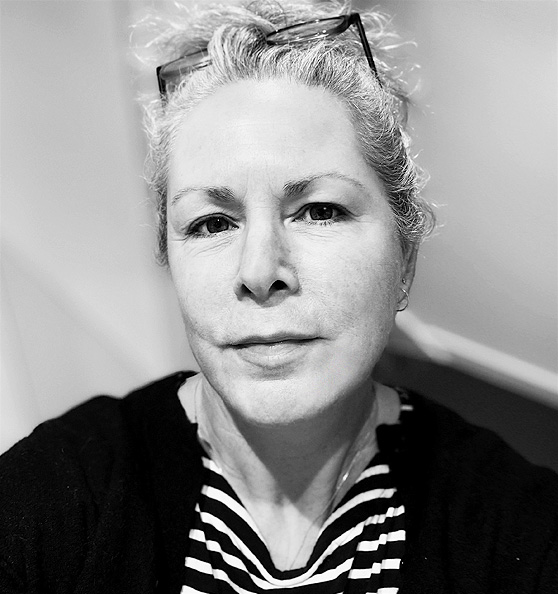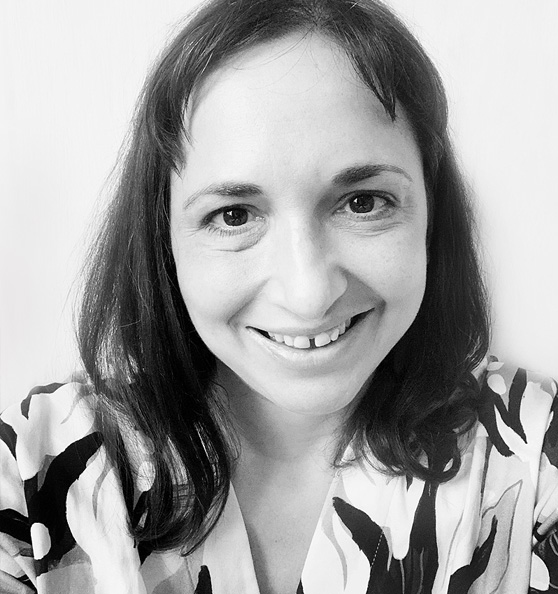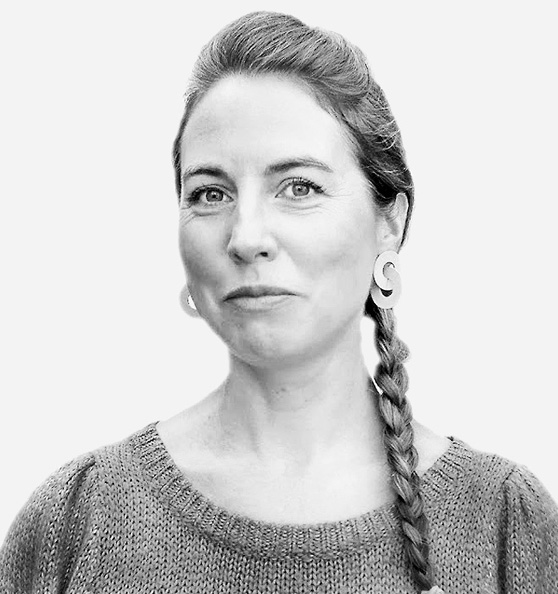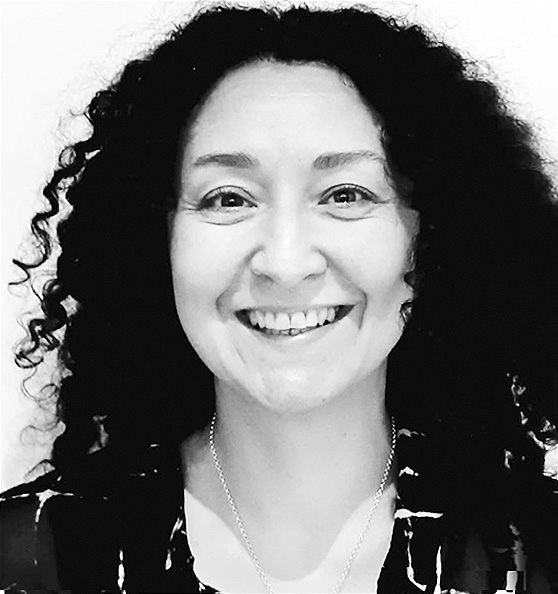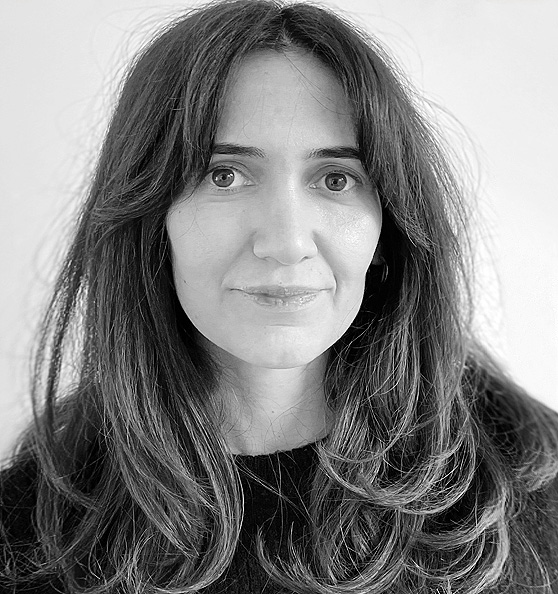What Are Eating Disorders?: Issues relating to food and eating disorders (also called eating disorders or disordered eating) refer to a range of conditions and behaviours that occur when your relationship to food is complicated or beyond your control. The most common types are binge eating, anorexia and bulimia.
Treatment for symptoms of an eating disorder will depend on the type of condition you might have. It usually involves talking therapy.
What causes eating disorders?: Eating disorder symptoms often develop due to emotional issues – a need to regulate your body or body image issues. They quite often start during your teenage years or early adulthood. However, you may still develop them as an adult.
The ability to control your food intake when you don’t have control over other issues, or a desire to soothe your emotions. They can be emotionally distressing as well as physically dangerous and can cause and contribute to other conditions such as obsessive-compulsive disorder (OCD), anxiety, panic attacks and depression.
Disordered eating does not have to be extreme to cause distress, and if you notice that food issues are causing problems in your daily life, therapy might be a good option for you.
There is a wide range of therapeutic approaches that can help with eating disorders, and you can access therapy individually or in families or groups since eating issues are often inherited within families.
The type of therapy modality for your specific eating disorder might be future-focused and goal-oriented, helping you to manage your symptoms and behaviours, or it might look more at the root causes and your subconscious influences, or it could combine these approaches.












